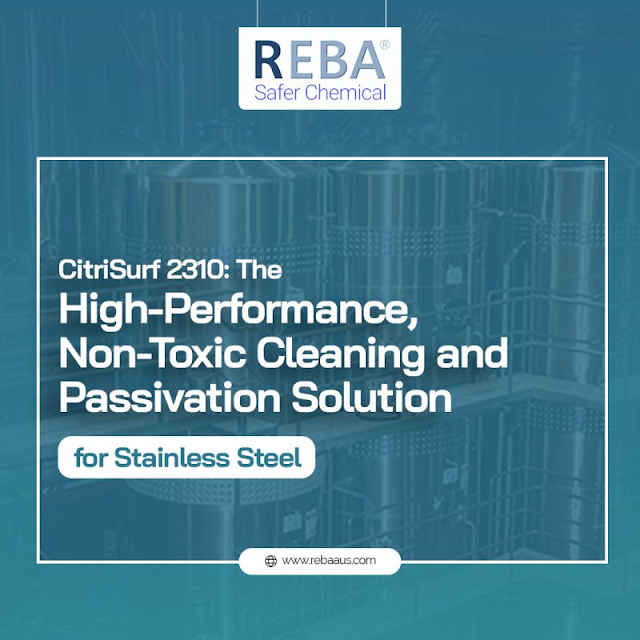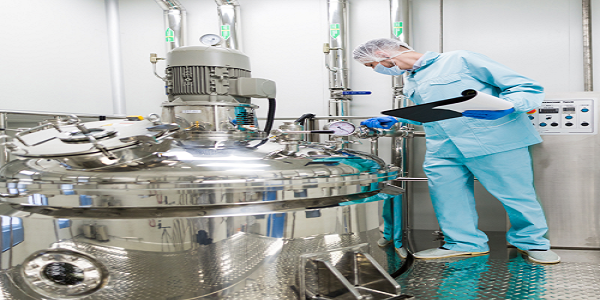What Is Citric Acid Passivation and How Does It Work?
The process of Citric Acid passivation is predicated on state-of-the-art technology using environmentally friendly and safe acid to get rid of free iron from the surface of chrome steel. Chrome steel consists of a combination of metals, mainly chromium, iron, nickel, & in some cases, manganese & molybdenum alongside other materials in some quantities.
Do you want to increase the lifespan of your stainless steel products? With the Citric Acid Process, make sure your surfaces get maximum protection from any rust that could form. Passivation is essential for all types and grades of stainless steel. It encourages the development of a protective layer on stainless steel, helping it stay intact for a longer time.
This distinctive mixture allows the exclusive characteristics of corrosion resistance by developing an outer protective passive oxide layer. Chrome steel surfaces may be tremendously immune to corrosion if appropriately passivated and cleaned before use.
Even the 300 series has austenitic chrome steel, which will only worsen continuously and self-catalyse once the corrosion site has started. In a very highly corrosive environment, the expansion of the corrosion site will increase rapidly. Thus, passivation & cleaning of services before use are crucial to attaining maximum resistance to corrosion.
Preventing corrosion with the assistance of citric passivation using CitriSurf technology has significantly improved standard acid formulations. After removing the rust from the surface, the acid forms a water-soluble complex with the iron ions, typing them up to not negatively impact.
Additionally, acid doesn't result in environmental and health hazards that include acid. By their very nature, CitriSurf products are non-corrosive, non-toxic, and biodegradable. Citric acid is a natural organic acid found in oranges and other citrus fruits. It's usually considered safe and is generally employed in many beverages and foods. It simply means Citrif is compatible with the environment and may generally be disposed of into sanitary sewage systems with minimal waste treatment to satisfy environmental agency approvals.
Conversely, acid is hazardous, which poses a risk for considerable personnel hazards and threatens the property. It's also a type of oxidizer which maximises risk and expense. After its utilisation, expensive waste treatment is vital and might make the user liable for long-term liability under regulatory agencies.
Citric Acid Passivation represents state-of-the-art technology that's incredibly effective & helps Remove Rust From Stainless Steel easily.



Comments
Post a Comment